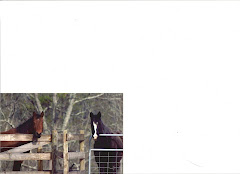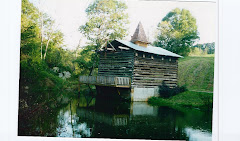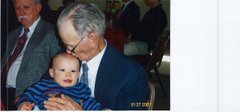I love to wallow in words. Some of my best childhood memories include words... Daddy teaching me to read, making up silly words, a song, "The U-cal-peetus Tree" sung by Rosemary Clooney, the word game in Reader’s Digest, books checked out every week from our Carnegie Library, laughing at the old time pronunciation of some common words. One of my favorite classes in high school, taught by the slow speaking Mrs. Adams, was American literature. I devoured the text book readings in one week and then had to suffer through the rest of the school year as we dissected the meaning and construction of each piece. The one college course I remember with clarity, that has been a continuous part of my life, was a course on T.S. Eliot and his poetry. That process of reading the poems one at a time, learning to appreciate the craft and art contained in the arrangement of the words, the deep feeling of connection to the poet, to the world, to myself and to God was a powerful experience that taught me a new way to read words.
Reading poetry taught me to read the layers of meaning contained in words. There could be many worlds contained in one poem, each one a different path with a new destination. Seminary courses taught me the history, culture and language of the Bible but my poetry class taught me how to really read the Bible.
That is why I love all the translations of the Bible. It is a word creation full of layers upon layers of meaning, word puzzles unending, a lifetime of treasure hunting contained in those ancient words. Every translation that has been created, whether in the language of a tribe in South America or in Russian or southern vernacular, contains some new way of hearing the Word. The power of the old story, re-told in many languages, is not constrained or contained in one "correct" translation. They all have beauty, meaning, new ways of seeing, a way to connect to the God of the past ( Greek and King James), the modern ( the Revised Standard Version), and the future (the Inclusive Version and some yet to be written).
As a child I was taught not to stack any other books on top of the Bible. It was a holy book, a power-full book, a book of mystery. We acknowledged that by treating this one book differently from all others because the Word made flesh was real for us. I miss that sense of awe and mystery, that respect accorded to the Bible. I know there are other holy books, other pathways to God but this in my book, my path and I can spend my life reading this one book, searching for meaning and instruction without ever completely understanding it. I will never be able to "rightly divide the Word of God" but I can keep on trying.
So this Sunday, I will carry my old Bible to church, beginning again to hold the written Word in my hands as I worship, honoring its importance in my life of the Spirit by keeping it close. I wonder what worship would be like if we just read from the Word and waited? Read different translations and heard them side by side? Read the Japanese version translated back into English to hear the cultural differences? Just sat and listened and like Mary, ponder these words in our heart? I wonder what we would hear if all we heard was the Word made flesh in many different languages? Would we hear the God who has been present in history, is present in all our world now and will be present in worlds to come? May it be so.
Subscribe to:
Post Comments (Atom)









1 comment:
Actually, I love to study the Bible by going to a Spanish speaking church. I'm an intermediate speaker, but I get to view God's world from a different language's perspective.
Post a Comment